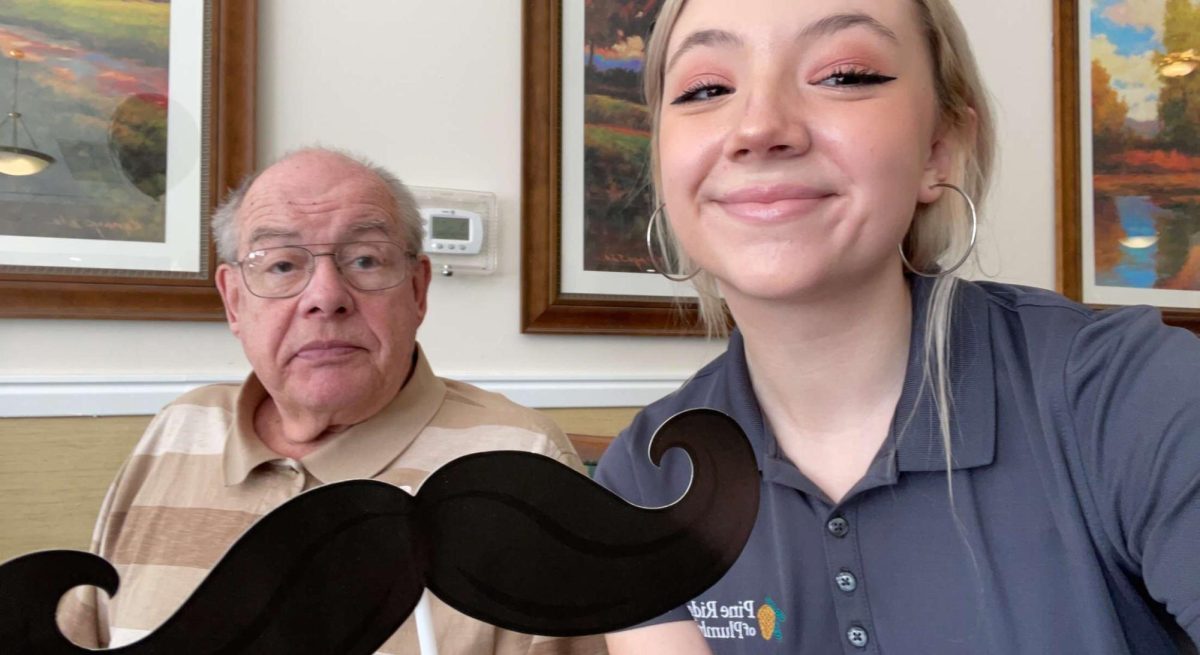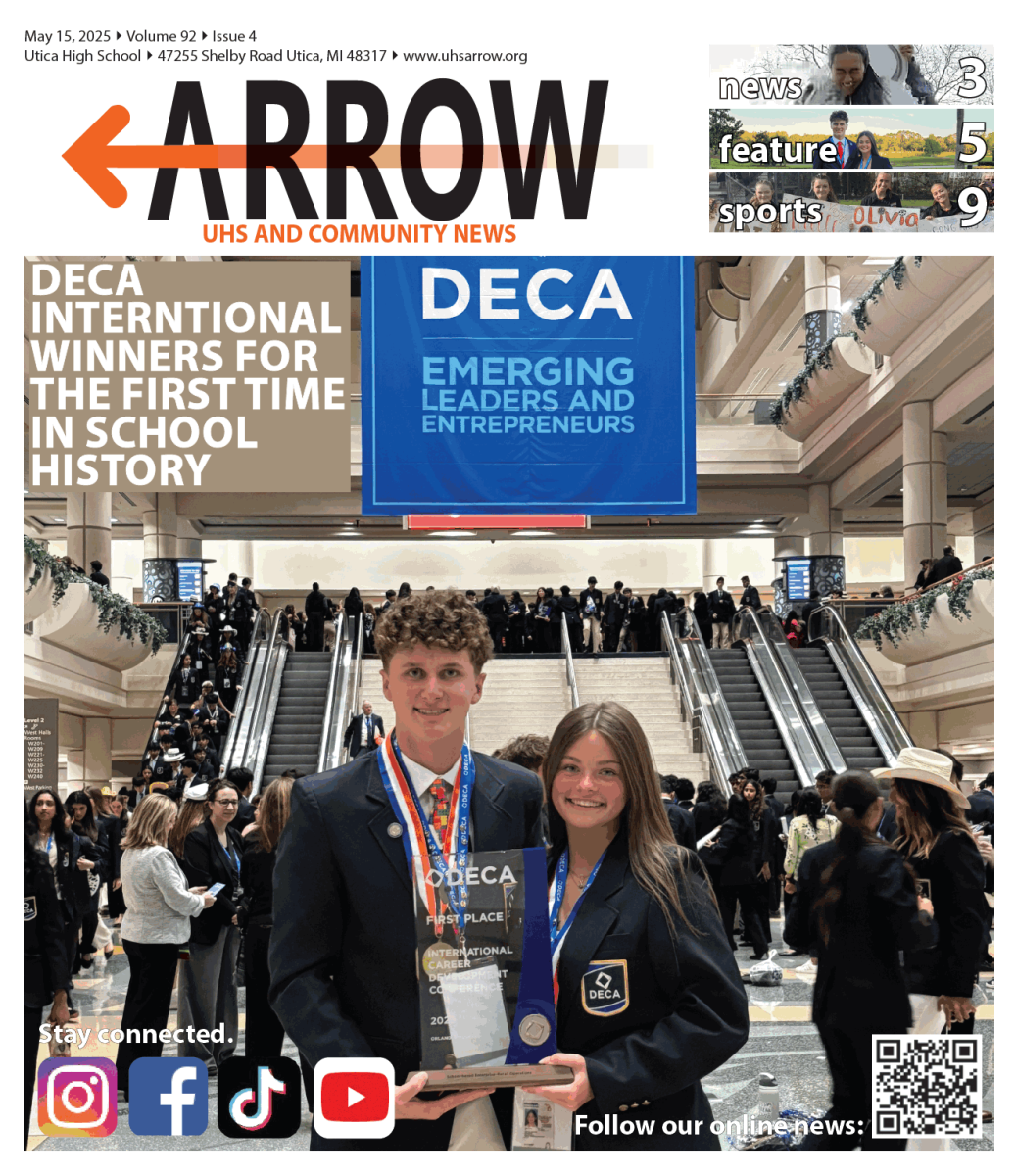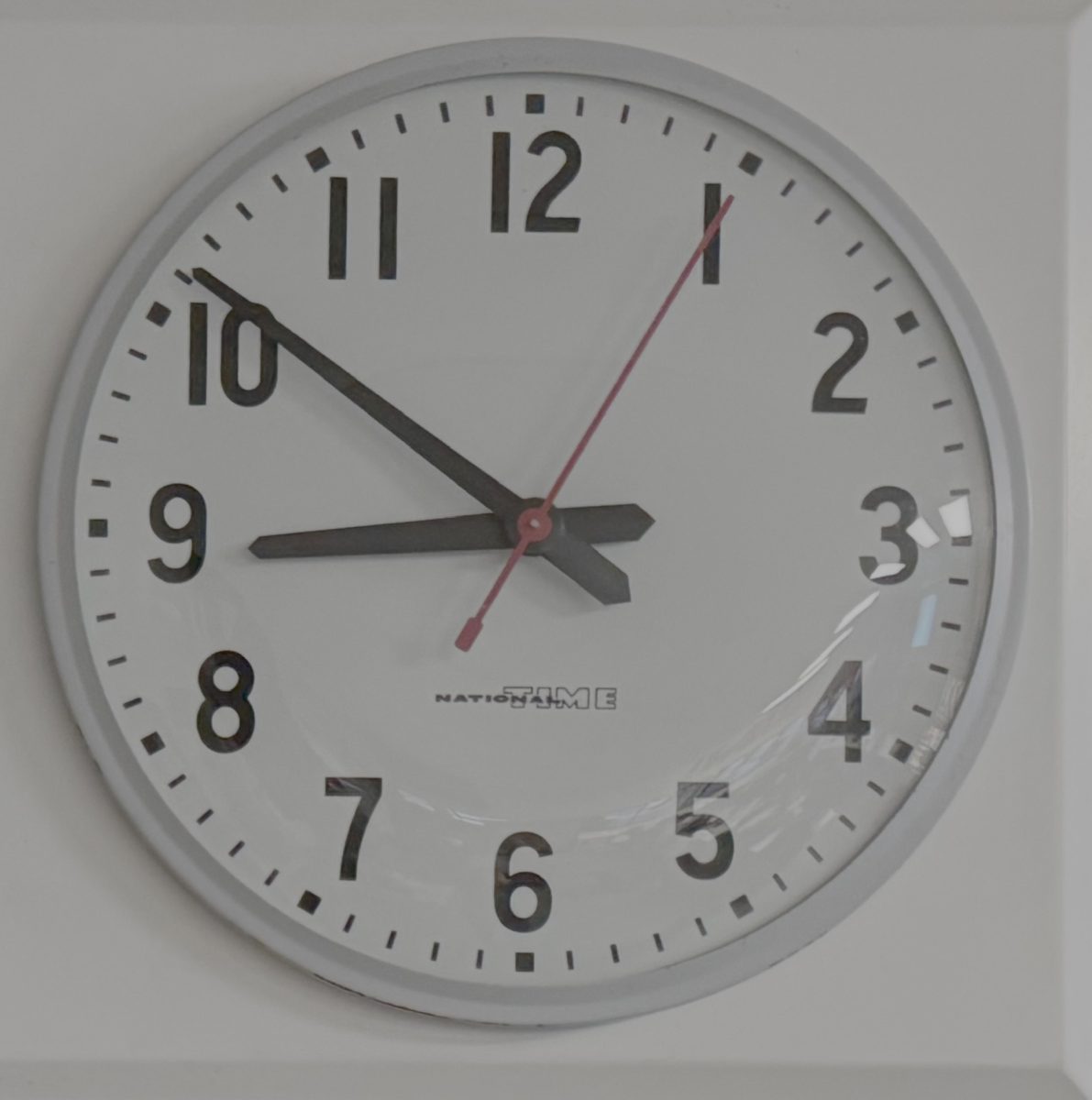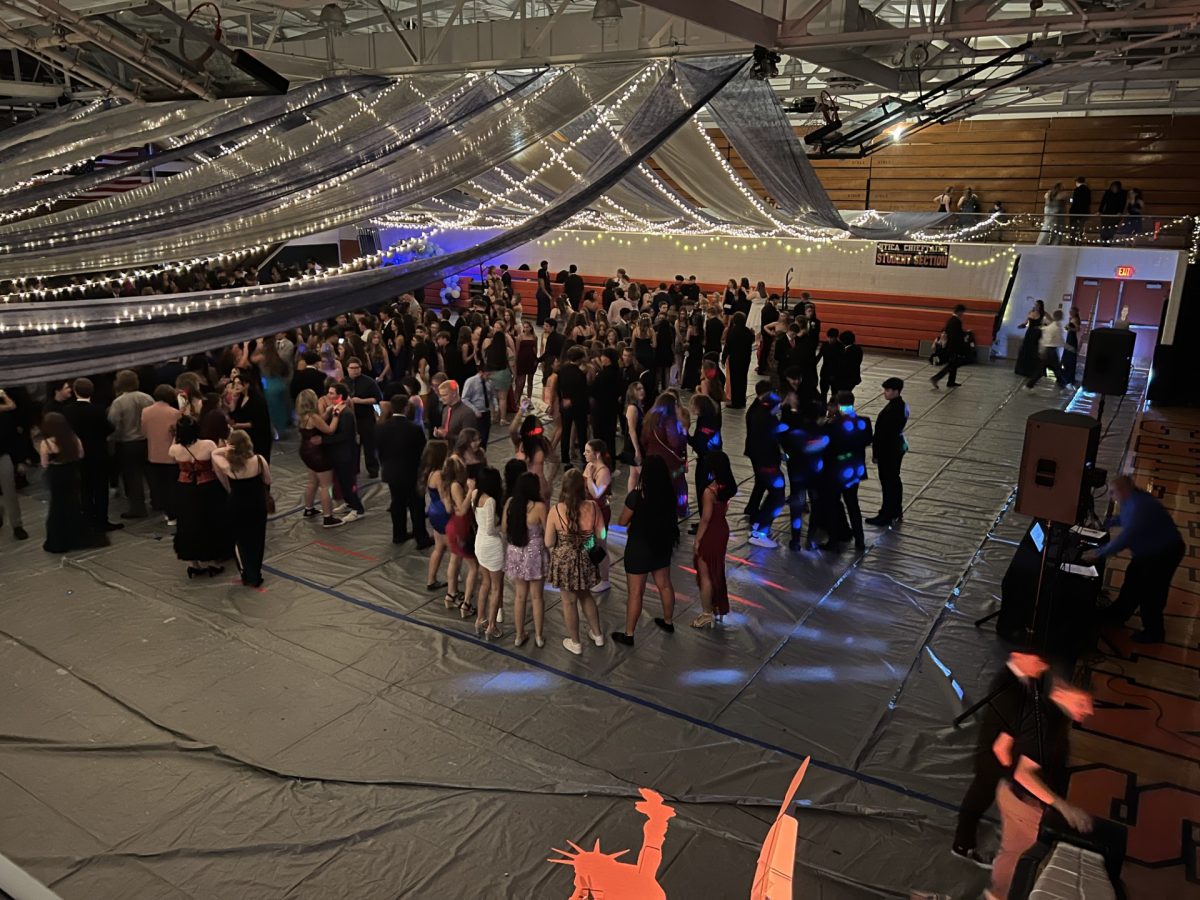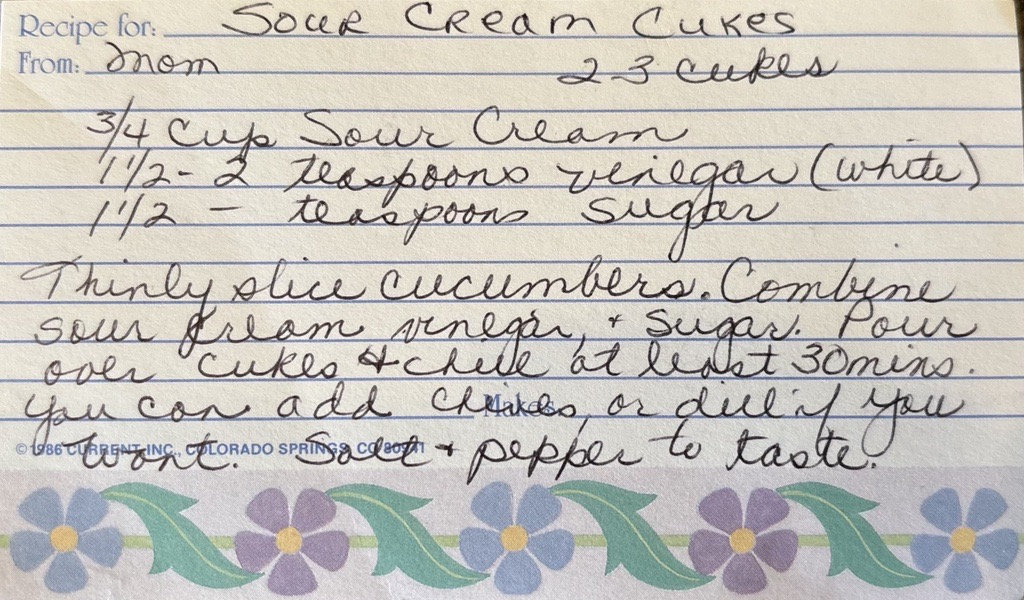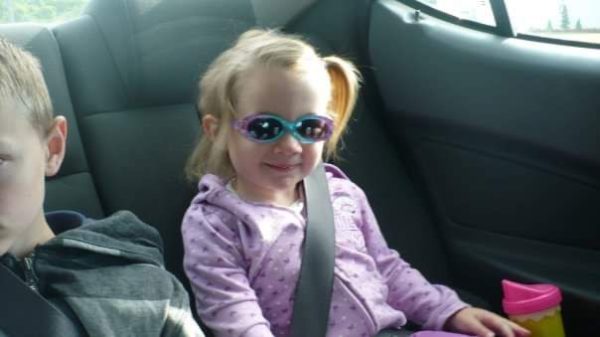There he was, sitting around mumbling to himself. Every day he eats the same fried egg and sausage for breakfast, and hot dog with fries for lunch and dinner. While everyone else is sitting with their friends, he sits alone. The dining room is filling with laughter and chatter, but nobody ever talks to him. The workers don’t even ask him what he wants. Other residents would whisper rumors about him. Saying things like, “He shouldn’t be here. This is an independent living facility, not assisted,” or “What’s wrong with him? He talks weird.” Sometimes, he gets angry because nobody listens, but that only makes his reputation worse.
A man named John Piggott, a veteran and resident at the senior living facility where I work, suffered a multitude of health conditions due to being exposed to Agent Orange while in Vietnam. The most impactful on his overall wellbeing was aphasia, a language disorder that affects language expression and comprehension. For a long time, he was more or less neglected. Nobody took the time to figure out what he really wanted; they just gave him something they knew he would eat. When I started to talk to him and serve him more often, he began to grow on me. I started taking the extra time to figure out what he really wanted and what he was trying to express. With a little trial and error, it became easy to understand. He would say things like “big ice” for ice cream (which was his favorite) and hold up his hands in a box shape for bananas (his other favorite). He would say “can I get a newspaper” when he needed a napkin. He would tell me he wanted chicken but “not a long liquid” because he didn’t like chicken noodle soup. John and I bonded because I was one of the first to take the time to decipher his way of communicating.
Because he was a military man by trade, he stuck to a very rigid schedule. Every day he came down 15 minutes early for dinner, knowing that I would approach him with two bananas hidden behind my back. This became our time to chat prior to the dinner service. I always made the time to serve him, even when he wasn’t in my section, because taking good care of him became a top priority for me. One day John came to me and said, “I want to give you a once and forever thank you. Your gestures mean everything under the sun.” I felt so honored that he made the effort to construct that message for me, despite his language disorder. Little did I know that was the last interaction I’d ever have with him. A few days later, I came back to work to hear that John had gone in for heart surgery. Unfortunately, surgery didn’t go well, and after a short time spent in critical condition, John passed.
Losing John was an extremely difficult experience for me. It prompted me to do some serious reflection, which proved to me that he was much more than a resident at the facility where I worked. Meeting John taught me the importance of understanding and valuing others, to never judge a book by its cover, and the immense value of personal connections. I’ve learned that just because someone is different, it doesn’t mean they don’t deserve the time and effort it takes to get to know them. They have stories, backgrounds, and emotions worth listening to and learning from.
Entering a new and frightening era of my life as graduation gets closer, I could be the person that nobody tries to talk to or understand. However, meeting John, I now have hope that someone could be for me what I was for him, and maybe I will make as big of an impact on them as he had on me.



